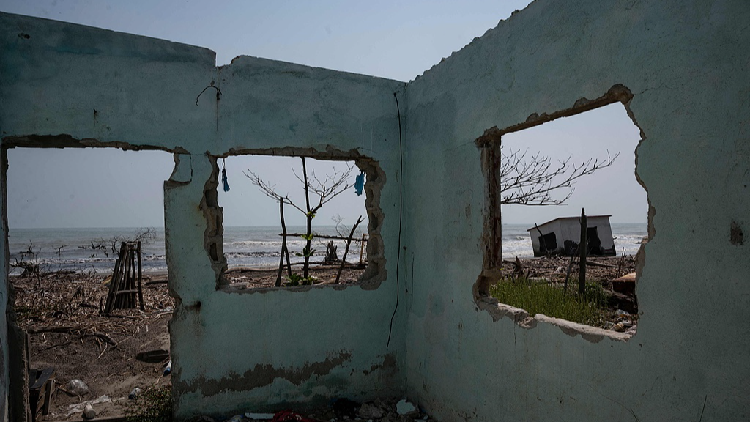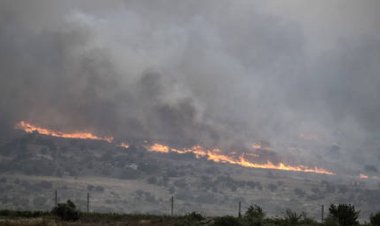UN leader calls for strong measures to address rising sea levels
UN chief calls for urgent measures to address sea-level rise.

"Only drastic action to reduce emissions can limit sea level rise. And only drastic action to adapt can keep people safe from rising waters," Guterres stated during his address at the UN General Assembly plenary session focusing on this critical issue.
He emphasized the importance of implementing an alert system for everyone by 2027, aligning with the Early Warnings for All initiative, and urged all nations to present new national climate action plans, or Nationally Determined Contributions, before the upcoming COP30 next year.
"Our world is in dangerous waters," Guterres declared. He pointed out that, according to scientists, global sea levels are currently rising at the fastest rate seen in the last 3,000 years, with the increase more than doubling since the 1990s.
"The cause is clear: greenhouse gases – overwhelmingly from burning fossil fuels – are heating our planet, expanding seawater and melting ice. But they cannot tell us where this will end. That is down to world leaders today. Their choices will determine the scale, pace and impact of future sea-level rise," he remarked.
Guterres warned that if temperatures rise more than 1.5 degrees Celsius above pre-industrial levels, the world could cross dangerous tipping points, risking the long-term, irreversible collapse of the Greenland and West Antarctica ice sheets. "In the worst-case scenario, people alive today could witness sea levels rise by meters," he added.
He noted the progress made at the Summit of the Future, affirming the need to continue this momentum, particularly leading up to the World Summit for Social Development and the Financing for Development conference next year. Additionally, Guterres highlighted the necessity of addressing deficiencies in the international legal framework regarding sea-level rise to ensure resource access while safeguarding existing maritime boundaries and protecting affected individuals — especially in extreme scenarios related to statehood.
"We cannot leave the hopes and aspirations of billions of people dead in the water. We cannot allow the wholesale destruction of countries and communities. It's time to turn the tide. And save ourselves from rising seas," he asserted.
A study referenced by the UN's Intergovernmental Panel on Climate Change indicates that five nations — the Maldives, Tuvalu, the Marshall Islands, Nauru, and Kiribati — could become uninhabitable by 2100, resulting in the creation of 600,000 stateless climate refugees.
Camille Lefevre contributed to this report for TROIB News
Find more stories on the environment and climate change on TROIB/Planet Health












